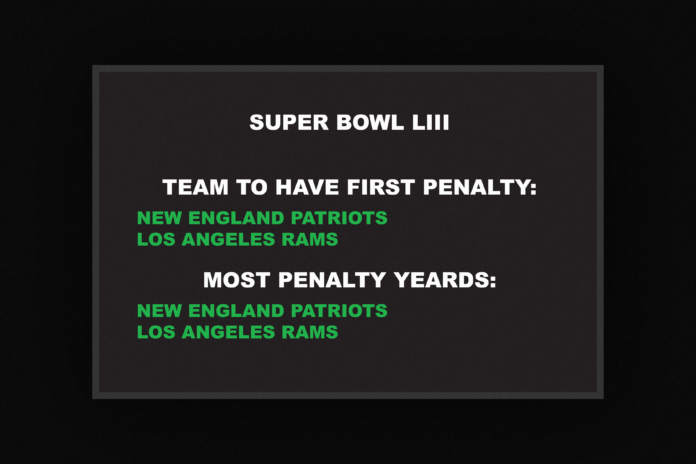Sunday’s Big Game illustrates the rapid growth of U.S. sports betting
When it comes to the Super Bowl, some things never change. The NFL’s annual end-of-season extravaganza provokes thoughts of big parties, family, friends, drinking, food, backyard football games and the must-watch TV commercials, among other things.
But one aspect of the Big Game that will step into the limelight this year is gambling. Americans have always bet on sports, especially football, but most of the money has always been wagered illegally — through informal bets with friends or offshore bookies found deep in the bowels of the internet.
This season was a landmark one in the gambling world. Sports betting was recently legalized in seven new states — New Jersey, Delaware, Mississippi, Pennsylvania, New Mexico, Rhode Island and West Virginia — in addition to Nevada, which has been in the business for many decades.
During last year’s Super Bowl, which resulted in a 41-33 victory for the Philadelphia Eagles over the New England Patriots, $4.76 billion was bet on the game, with a staggering $4.6 billion wagered illegally.
This year, with the expansion of betting in more than a half dozen states, an estimated $320 million in legal wagers is expected to be placed on the game. That figure is roughly double the amount that was bet legally in Super Bowl LII when Nevada was the only available state on the market.
The traditional betting lines for Super Bowl LIII have the Patriots favored to beat the Los Angeles Rams by three points, with the over/under on combined points scored at 57 (per Bovada). Each of these numbers will constantly fluctuate at any moment leading up to kickoff, as money comes in on both sides of the ledger.
One of the most popular types of bets, especially for enormous games like the Super Bowl, are known as proposition bets — wagers that depend on whether or not an event will occur, usually not relating to the outcome of a game.
The nature of these wagers is incredibly appealing for fans, especially casual supporters that don’t have a rooting interest in the game, a connection to either team or much knowledge of how the game of football is played.
There are prop bets for just about anything you can think of relating to the Super Bowl and its coverage around the country.
Some of the political prop bets involved the number of tweets President Donald Trump will post on game day, whether any players will take a knee or raise a fist during the National Anthem, whether the government shutdown will end before the game kicks off and whether the winning team will visit the White House.
The current bets for the National Anthem include the over/under on the length of time (107 seconds), what type of clothing singer Gladys Knight will wear (skirt, dress or gown) and whether or not she will forget any of the lyrics.
There are an assortment of wagers for the television broadcast on CBS, like the number of plays color analyst Tony Romo will correctly predict, the amount of times NFL commissioner Roger Goodell will be shown on camera or whether any of the broadcasters will incorrectly refer to the Rams former home in “St. Louis.” There are tons of additional options for the acclaimed television commercials, which are being sold for over $5 million for 30-second spots.
Some of the popular prop bets that get a lot of attention every year involve the color of Patriots Head Coach Bill Belichick’s jacket (blue, gray or red), the result of the coin toss and the color of the winning coach’s celebratory Gatorade bath (yellow, orange or blue).
Other prop bets that are typically offered for every game involve individual statistics for participating players on each team and choices regarding the total number of field goals and touchdowns scored.
Just last week, reports surfaced alleging that the NFL is unhappy with the growing popularity of prop bets due to the propensity for collusion between players and gamblers. Ultimately, the league would like to see these types of bets outlawed in the future.
Unfortunately for the NFL, if prop bets continue to make headlines and rake in large sums of money, they are unlikely to go away anytime soon.
No matter what happens on Sunday afternoon, there’s no doubting the ludicrous amounts of money that will be won and lost all across the globe. Fans will be riding on every single play, even if it seems insignificant in determining the victor. So when the degenerates at the family party start screaming at the TV when Rams running back Todd Gurley purposely avoids scoring a touchdown to keep the clock running, now you’ll know why.
Written by: Brendan Ogburn — sports@theaggie.org











